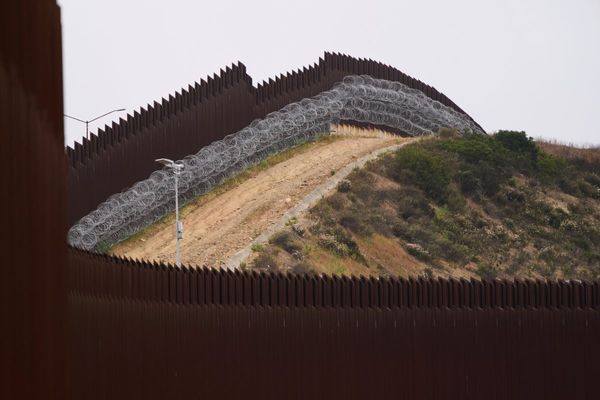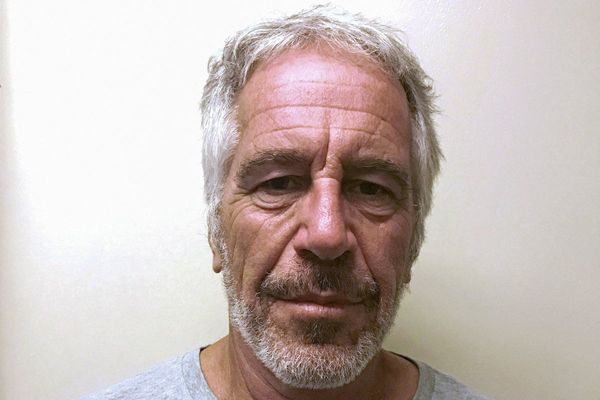President Donald Trump plans to sign an executive order on Monday that will end the cashless bail system in Washington, D.C., as part of his efforts to crack down on crime in the nation’s capital, a White House official confirmed to The Independent.
The planned executive order, first reported by Axios, directs law enforcement to hold arrested individuals in federal custody whenever possible and allows the administration to withhold federal funding if officials continue using the cashless bail system.
Cashless bail aims to create a fairer legal system for low-income defendants and reduce the number of people in jail by removing cash bail as a requirement for pretrial release in some criminal defendant cases. In these instances, a judge can decide to detain a defendant only if there is evidence that a monetary bail amount is needed to ensure their presence in court or protect public safety.
But the administration believes cashless bail allows dangerous individuals to reoffend soon after being arrested, despite there being little evidence to support the claim.
“They kill people, and they get out, cashless bail. They thought it was discriminatory to make people put up money because they just killed three people lying on the street. Any street all over the country, cashless bail, we’re ending it. But we’re starting by ending it in D.C.,” Trump said while signing the executive order on Monday.
In May, D.C.’s Criminal Justice Coordinating Council published a report that found fewer than 1 percent of people released ahead of their trial on violent charges were rearrested for a violent or dangerous crime.
Earlier this month, Trump lamented that cashless bail contributes to crime in D.C., which the president has characterized as out of control and rampant despite local and federal statistics showing violent crime is at more than a two-decade low.
While the cashless bail system has existed in D.C. for decades, it has had more restrictions added to it over the last few years, preventing defendants accused of various violent crimes, including sexual abuse or strangulation, from benefiting from it.
Regardless of the evidence, the president has declared a crime emergency in the nation’s capital and used the statute to deploy 800 National Guard members to patrol the city and try to put the Metropolitan Police Department under federal control.
The controversial move has sparked protests in the city and outrage from Democratic lawmakers who see Trump’s attempt to control crimefighting in D.C. as an authoritarian move.
The president has pointed to other Democratic-led cities, such as Chicago, New York, and Los Angeles, as other examples of cities rampant with crime due to their liberal policies. Trump said last week that Chicago would likely be the next city to see an increase in federal law enforcement presence.
The president made the crackdown on crime a pillar of his agenda, consistently promising to take a tough-on-crime approach during his presidential campaign.
"When I'm re-elected, I will crack down on the left-wing jurisdictions that refuse to prosecute dangerous criminals and set loose violent felons on cashless bail,” Trump previously said.
Additional reporting by Andrew Feinberg in Washington, D.C.







